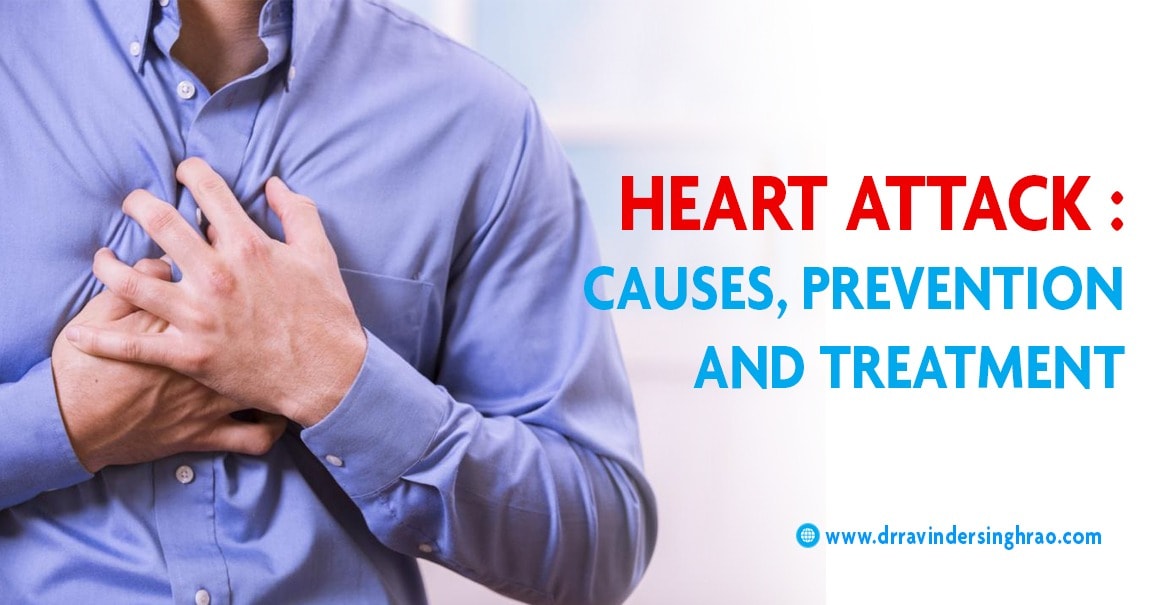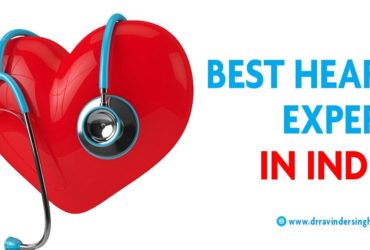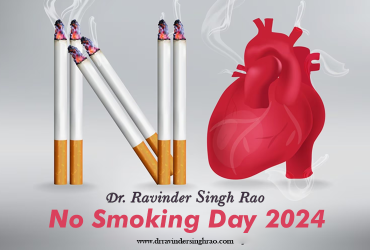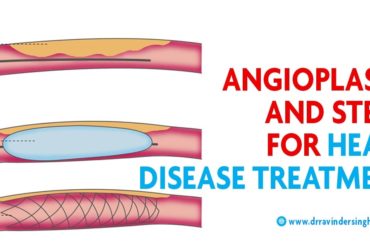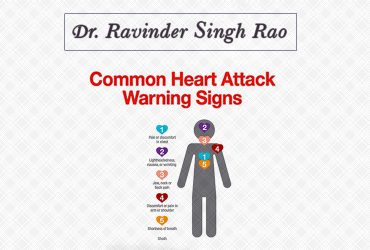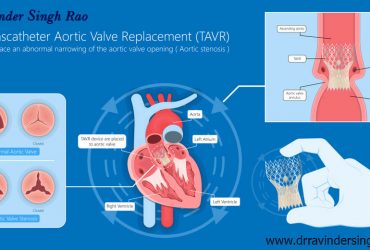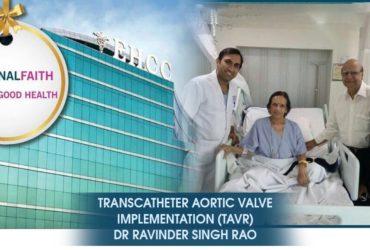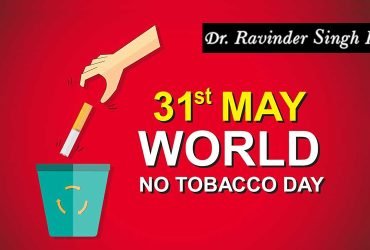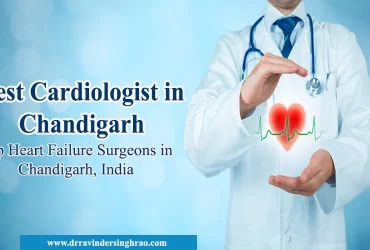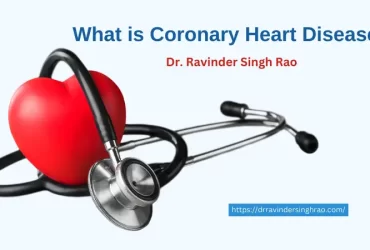Heart Attack Causes, Prevention and Treatment: A heart attack, also known as a myocardial infarction, occurs when the blood flow to the heart is blocked, resulting in damage to the heart muscle. It is a serious medical emergency that requires immediate attention. In this article, we’ll explore the causes, symptoms, and treatment of heart attacks.
If the flow of blood isn’t reinstated to the heart muscle within 25 to 45 minutes, irreversible damage to the heart muscle will start to happen. Muscle keeps on dying for 6 to 8 hours at which time the heart assault for the most part is “finished.” The dead or damaged heart muscle is in the end supplanted by scar tissue. Dr. Ravinder Singh Rao is the Best Heart Attack Specialists In Delhi, India deals with any type of heart issue.
Best Heart Attack Treatment In Jaipur
Causes of Heart Attacks
Heart attacks are typically caused by a buildup of fatty deposits called plaques in the arteries that supply blood to the heart. These plaques can rupture and form blood clots, which can completely block blood flow to the heart.
Heart Attack Risk Factor
Factors that can increase the risk of a heart attack include:
- High blood pressure
- High cholesterol
- Diabetes
- Smoking
- Obesity
- Family history of heart disease
- Lack of physical activity
- Stress
Symptoms of Heart Attacks
The symptoms of a heart attack can vary from person to person, but some common signs and symptoms include:
- Chest pain or discomfort that may feel like pressure, squeezing, fullness, or pain
- Pain or discomfort in one or both arms, the neck, jaw, shoulder, or back
- Shortness of breath
- Sweating
- Nausea or vomiting
- Dizziness or lightheadedness
- Fatigue
It’s important to note that some people, especially women, may experience atypical symptoms, such as fatigue, nausea, or shortness of breath, instead of the classic chest pain or discomfort.
If you experience any of these symptoms, especially if they are sudden and severe, call emergency medical services (108 in India) immediately.
Heart Attack Treatment
There are two types of heart attack treatment: procedure-based and medication based.
Firstly, the medication-based procedure of treating an attack is known as thrombolysis, also called the clot buster. It includes a method where the paramedic or specialist will infuse solution into a vein to soften the blood to restore blood supply to the heart.
A heart attack requires immediate medical attention. Here are the steps that are typically taken to treat a heart attack:
- Call emergency medical services (108 in India) right away if you or someone else is experiencing symptoms of a heart attack.
- Take aspirin, if available and not contraindicated, to help prevent blood clot formation.
- While waiting for medical help to arrive, try to stay calm and rest.
- If you have nitroglycerin prescribed to you, take it as directed to help relieve chest pain and improve blood flow to the heart.
- Once you arrive at the hospital, medical professionals will conduct tests to determine the type and severity of the heart attack, such as an electrocardiogram (ECG) or blood tests.
- If necessary, medical professionals may administer medications, such as thrombolytics or anticoagulants, to help dissolve blood clots and restore blood flow to the heart.
- Depending on the severity and type of heart attack, medical professionals may perform procedures such as angioplasty or coronary artery bypass surgery to restore blood flow to the heart.
- After treatment, cardiac rehabilitation and lifestyle changes such as quitting smoking, exercising regularly, and maintaining a healthy diet are important steps to prevent future heart attacks.
It’s important to note that the specific treatment plan for a heart attack can vary depending on the individual’s unique medical history and circumstances.
Preventing Heart Attacks
Preventing heart attacks involves making healthy lifestyle choices, such as:
- Quitting smoking
- Maintaining a healthy weight
- Eating a healthy diet
- Exercising regularly
- Managing stress
- Controlling high blood pressure, high cholesterol, and diabetes
Regular check-ups with a healthcare provider can also help identify and manage any risk factors for heart disease.
In conclusion, a heart attack is a serious medical emergency that requires immediate attention. Knowing the signs and symptoms, as well as how to prevent and treat heart attacks, can help save lives. Making healthy lifestyle choices and seeking medical care promptly can help reduce the risk of heart attacks and improve overall. For the best treatment check Best Heart Attack Treatment in Jaipur.

